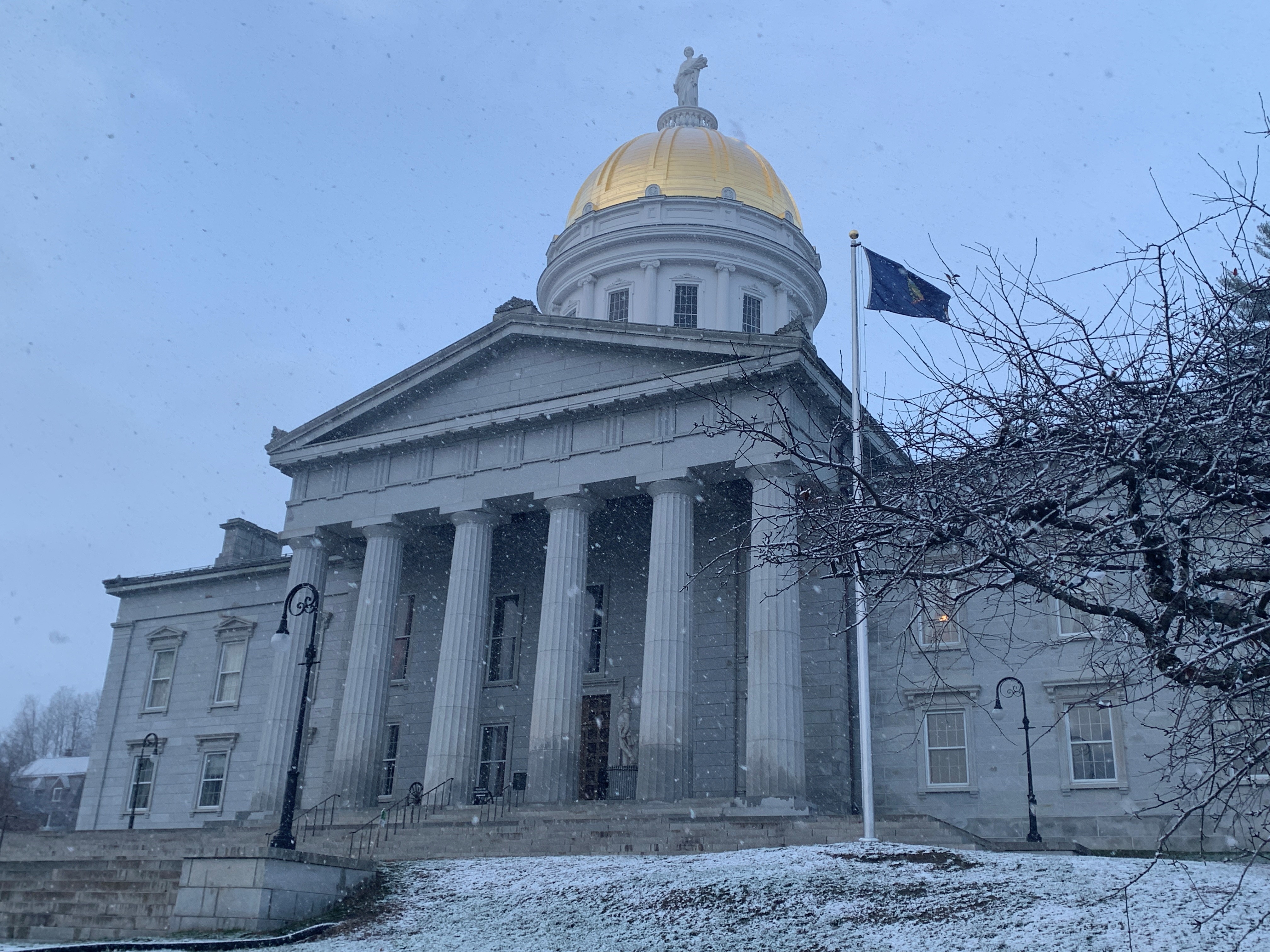
UPDATE (11/20/2020, 7 p.m.): Massachusetts removed New Hampshire and Maine from its list of low-risk states, requiring quarantine or a recent negative test for travelers coming from them starting Saturday, Nov. 21.
The holiday season this year is shaping up to be different from any other. Although traveling to celebrate Thanksgiving with friends and family is tempting, health officials in most states are urging people to stay home and limit gatherings.
If you do decide to travel for the holidays, it is important to take the necessary precautions and know each state's travel restrictions. We've got everything you need to know for traveling around the New England states for Thanksgiving.
Connecticut
Any person traveling to Connecticut from a state other than New Jersey, New York or Rhode Island with a positive case rate higher than 10 per 100,000 residents, or with a test positivity rate over a 7-day rolling average of over 10% must self-quarantine for 14 days upon arrival. The mandate applies to travelers from countries where the CDC has issued a Level 3 health notice. The state is also asking visitors to fill out a health form once they arrive. More information on Connecticut's guidelines can be found here.
Maine
People traveling from Massachusetts to Maine, including Maine residents returning to the state, must either self-quarantine for 14 days or produce a negative test result from a sample taken no later than 72 hours after arriving in the state. New Hampshire and Vermont are still exempt from Maine's quarantine and test requirement, but Gov. Janet Mills is urging visitors from the two states to obtain a test before traveling. More information on Maine's restrictions is available here.
Massachusetts
Unless you are visiting from one of four lower-risk states identified by the state Department of Public Health -- Hawaii, Maine, New Hampshire and Vermont -- all travelers to the Bay State who do not have an exemption are required to complete the Massachusetts Travel Form before arriving, and either quarantine for 14 days or test negative for coronavirus from a sample taken up to 72 hours before visiting. More information on Massachusetts' COVID-19 travel order is available here.
New Hampshire
Anyone traveling to New Hampshire from the surrounding New England states no longer has to self-quarantine for two weeks. However, travelers coming from outside New England for an extended period of time are still asked to quarantine for 14 days. More information on New Hampshire's out-of-state visitor policies can be found here.
Rhode Island
Those coming from a state with a positivity rate higher than 5% must self-isolate for 14 days or test negative for COVID-19 from a test administered up to 72 hours before traveling. Visitors coming from outside Rhode Island are asked to fill out a compliance certificate and travel screening form once they arrive in the state. More information on Rhode Island's travel restrictions is here.
Vermont
People traveling for essential purposes, such as personal safety and health care, do not need to quarantine in Vermont. However, Vermonters are asked to limit all non-essential travel, and anyone traveling to or returning to Vermont is required to isolate for two weeks. Those who do not experience any coronavirus symptoms can get a PCR test on or after the seventh day of their quarantine, which can end early with a negative test result. More information on Vermont's guidelines can be found here.



